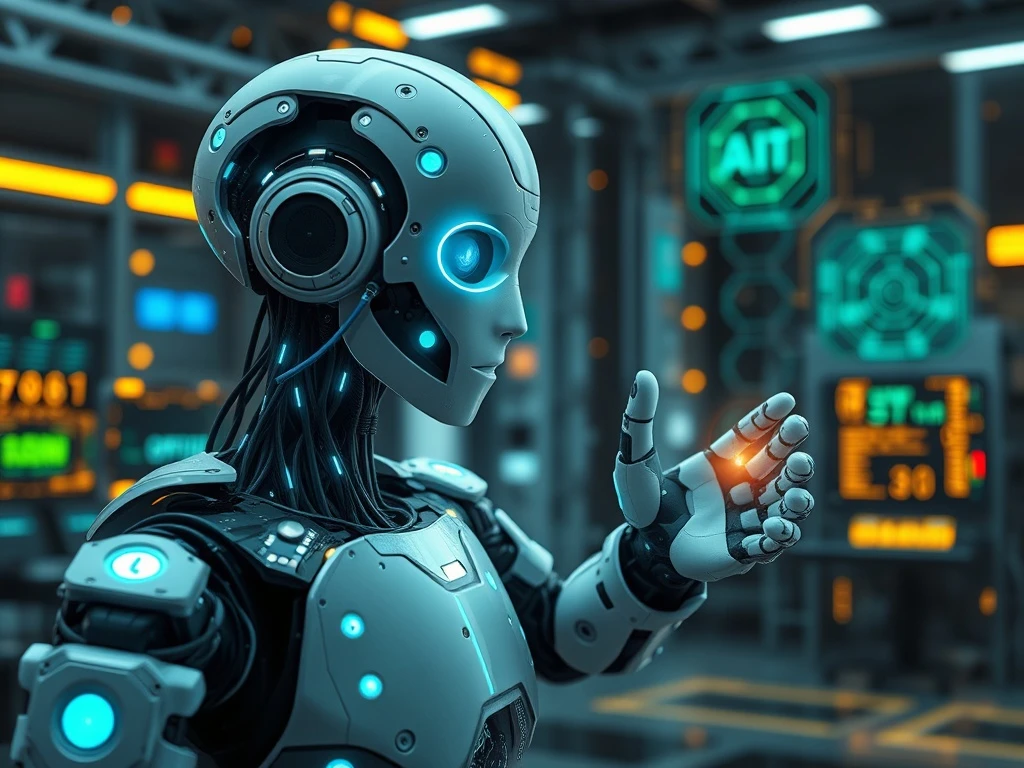AI Surpasses Humans in Key Tasks: The Rising Challenge of Benchmarking

Artificial Intelligence (AI) is no longer a futuristic concept—it’s here, and it’s outperforming humans in key tasks. From healthcare to autonomous vehicles, AI’s rapid advancements are reshaping industries. But with this progress comes a critical challenge: how do we benchmark AI’s capabilities when it’s already surpassing human standards?
AI Surpasses Humans: A New Era of Performance
According to Russell Wald of Stanford’s Institute for Human-Centered AI (HAI), AI has outperformed humans in most task categories as of 2024. The gap is narrowing swiftly, making it harder to evaluate AI models. For example, Midjourney, a text-to-image generator, evolved from producing cartoonish images in 2022 to hyper-realistic portraits by 2024.
Benchmarking Challenges: The Need for New Standards
As AI models like GPT-3.5 and Gemini Ultra become more powerful, traditional benchmarks are becoming obsolete. Key challenges include:
- Lack of standardized metrics for AI safety and responsibility.
- Rising costs of training, with Gemini Ultra costing $200 million.
- Performance gaps between top models shrinking to just 0.7%.
Industry Dominance: Who’s Leading the AI Race?
Nearly 90% of notable AI models in 2024 came from industry players, up from 60% in 2023. The U.S. still leads, but China is closing the gap with its focus on open-source environments and talent investment.
Global AI Impact: Public Perception and Adoption
AI adoption is soaring worldwide. Key trends include:
- 223 AI-enabled medical devices approved by the U.S. FDA in 2023.
- 78% of organizations using AI in at least one business function.
- Higher approval rates in non-Western nations (83% in China vs. 39% in the U.S.).
Conclusion: The Future of AI and Human Collaboration
AI’s rapid advancements are exciting, but the lack of standardized benchmarks poses risks. As AI continues to evolve, collaboration between humans and machines will be key to harnessing its full potential.
Frequently Asked Questions (FAQs)
1. How is AI surpassing humans in key tasks?
AI models like Midjourney and GPT-3.5 have achieved human-level or superior performance in tasks such as image generation and natural language processing.
2. What are the main benchmarking challenges?
The lack of standardized metrics and the rapid evolution of AI models make it difficult to assess performance and safety.
3. Which countries are leading in AI development?
The U.S. currently leads, but China is catching up due to its focus on open-source projects and talent investment.
4. How is AI being adopted globally?
AI adoption is growing in healthcare, business, and autonomous vehicles, with higher approval rates in non-Western nations.
5. What are the costs of training advanced AI models?
Training costs are skyrocketing, with Gemini Ultra costing $200 million, making it prohibitive for academia and small players.









